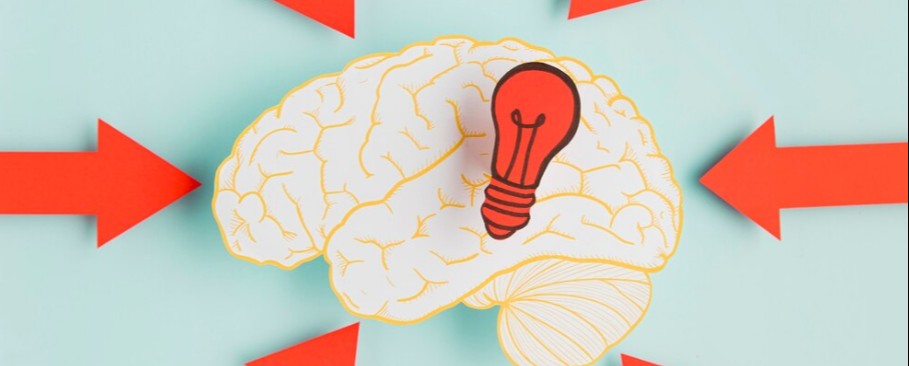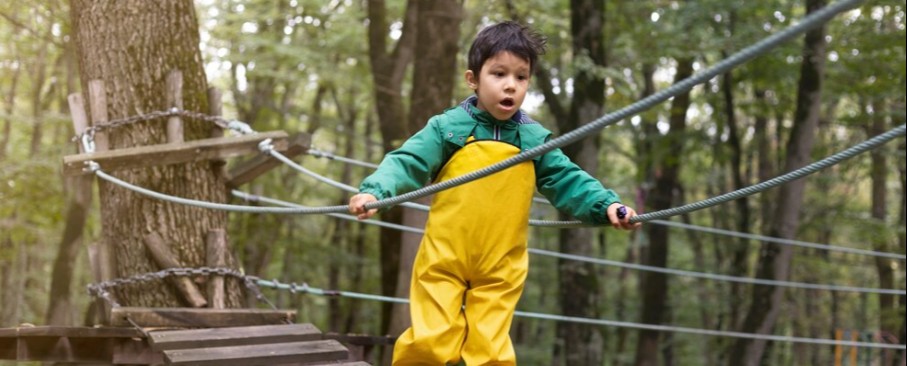
How does confidence affect performance?

How does confidence affect performance?
Confidence, often the secret ingredient to success, has long been a subject of fascination and debate. While some individuals seem to exude confidence effortlessly, others may grapple with self-doubt. The question arises: Can confidence be learned, and if so, how does it influence performance?
Confidence is a complex emotion that psychologists have studied for many years and wondered can confidence be learned. Confidence is often defined as a belief in one's ability to succeed in specific situations or accomplish specific tasks. Confidence can be a powerful force in our lives, enabling us to take risks, pursue our goals, and overcome obstacles.
While some people may seem naturally confident, most people develop their confidence over time through experience and learning. There is a growing body of research that suggests that confidence is not a fixed trait but rather a skill that can be learned and developed.
Confidence can have a profound impact on performance, influencing individuals in several ways to enhance their abilities and outcomes. On the flip side, low confidence can act as a barrier, impeding performance and limiting one's potential.
What does confidence mean?
Confidence, that unwavering belief in one's abilities, stands as a cornerstone of human performance. It's the intangible force that propels us forward, enabling us to take on challenges, persist through setbacks, and ultimately achieve our goals. Understanding how confidence levels affect performance is crucial for unlocking our full potential and maximising our chances of success.
Can Confidence Be Learned?
Confidence is not an innate trait but rather a skill that can be developed over time. Learning to be confident involves understanding one's strengths, embracing weaknesses, and cultivating a positive mindset. Techniques such as setting and achieving small goals, positive self-talk, and stepping out of one's comfort zone contribute to gradually acquiring confidence.
The Role of Self-Efficacy:
Albert Bandura's concept of self-efficacy, the belief in one's ability to succeed in specific situations or accomplish a task, plays a crucial role in confidence-building. As individuals experience success and overcome challenges, their self-efficacy increases, leading to a heightened sense of confidence. This positive reinforcement cycle can be cultivated through deliberate efforts and learning experiences.
How Can Confidence Be Learned?
There are a number of things that people can do to boost their confidence. Some of the most effective strategies include:
- Identifying your strengths and accomplishments. Take some time to reflect on your successes, both big and small. This can help you to develop a more positive and realistic self-image.
- Setting realistic goals and breaking them down into smaller steps. Achieving even small goals can help to build confidence and momentum.
- Challenging your negative thoughts. When you have negative thoughts about yourself or your abilities, challenge them with evidence to the contrary.
- Visualising success. Take some time each day to imagine yourself successfully achieving your goals. This can help to reprogram your subconscious mind and make you more likely to succeed.
- Surround yourself with supportive people. Spend time with people who believe in you and encourage you to pursue your dreams.
- Stepping outside your comfort zone. Doing things that make you feel uncomfortable can help to build confidence and resilience.
- Learning from your mistakes. Don't be afraid to make mistakes. Everyone makes mistakes, and they are a valuable learning opportunity.
- Celebrating your successes. Take the time to appreciate your accomplishments, no matter how small they may seem.
- Positive Affirmations and Visualization: Incorporating positive affirmations and visualisation techniques is a powerful strategy to pursue confidence. Can confidence be learned through the repetition of positive thoughts and mental imagery? Research suggests these practices can reshape one's mindset and foster a more confident outlook.
- Resilience in the Face of Setbacks: Can confidence be learned to withstand setbacks? Absolutely. Confidence equips individuals with the resilience needed to navigate challenges and setbacks. Rather than viewing failures as insurmountable obstacles, confident individuals see them as opportunities for growth and learning.
The Benefits of Learning Confidence
There are many benefits to learning confidence. Some of the most significant benefits include:
- Increased motivation and productivity. Confident people are more likely to be motivated to achieve their goals and take action.
- Improved relationships. Confident people are more likely to have strong and healthy relationships.
- Greater resilience in the face of challenges. Confident people can better cope with setbacks and bounce back from adversity.
- Enhanced creativity and problem-solving skills. Confident people are more likely to take risks and think creatively.
- A greater sense of well-being and happiness. Confident people are generally happier and more satisfied with their lives.
How Confidence Affects Performance
When we possess high confidence levels, we approach tasks with a sense of empowerment and self-assuredness. This positive mindset translates into several key benefits that enhance performance:
- Reduced Anxiety and Enhanced Focus: Confidence diminishes anxiety, a debilitating emotion that clouds judgment and hinders performance. With unwavering self-belief, we can approach tasks with a clear mind and unwavering focus, allowing our skills and knowledge to shine through.
- Increased Effort and Persistence: Confidence fuels motivation, inspiring individuals to exert greater effort and persist in facing challenges. Believing in our abilities fosters a willingness to go the extra mile, pushing us beyond our comfort zones and unlocking hidden potential.
- Enhanced Resilience and Adaptability: Confidence equips individuals with the resilience to bounce back from setbacks and the adaptability to navigate change. When we trust our abilities, we are less likely to be discouraged by failures and more inclined to embrace new challenges.
- Motivation and Goal Setting: Confidence boosts intrinsic motivation, encouraging individuals to set and pursue ambitious goals. A confident person believes they can succeed, fueling the drive to excel.
- Decision-Making: Confident individuals tend to make more assertive decisions. They trust their judgment and are more likely to take decisive actions, leading to effective problem-solving and quicker decision-making.
- Interpersonal Skills: Confidence positively influences communication skills. Confident individuals express themselves clearly and persuasively, fostering better collaboration and teamwork.
- Stress Management: Confidence helps individuals view challenges as opportunities for growth rather than insurmountable obstacles. This positive mindset contributes to effective stress management and resilience in the face of setbacks.
- Self-Fulfilling Prophecy: The belief in one's abilities creates a self-fulfilling prophecy. Confidence leads to behaviours that align with success, reinforcing positive outcomes and an achievement cycle.
Conclusion:
Confidence is a powerful catalyst for unlocking our full potential and achieving our goals. By understanding how can confidence be learned and cultivating self-belief, we can overcome the barriers posed by low confidence and embrace the opportunities that arise when we trust in our abilities. In conclusion, the journey of self-discovery and personal development plays a pivotal role in answering the question: can confidence be learned? The evidence suggests that, indeed, confidence is not a fixed attribute but a malleable quality that can be honed through intentional efforts. As individuals embrace learning confidence, they unlock the doors to improved performance, resilience, and a positive influence on the world around them.
Articles
Build your awareness and get inspired with our researched articles on how you can strengthen your well-being
Popular Topics
An OTP has been sent to the email address
provided.
Please check your Inbox and Spam folders.

What Would You Like to Speak with a Specialist About?
Mental Fitness Journey starts Now!
Chearful Connects you with Top-tier Qualified Wellness specialists for the Price of a cup of Coffee!

Next Steps
- A Client Team member will reach out to you to schedule a session with the most suitable specialist.
- You will receive an email with a 10% Discount Code* for your 1st session.
- We invite you to Explore the Platform & Sign Up today! *Upto a maximum of $10 discount on a session purchased




 1625 Read
1625 Read



















